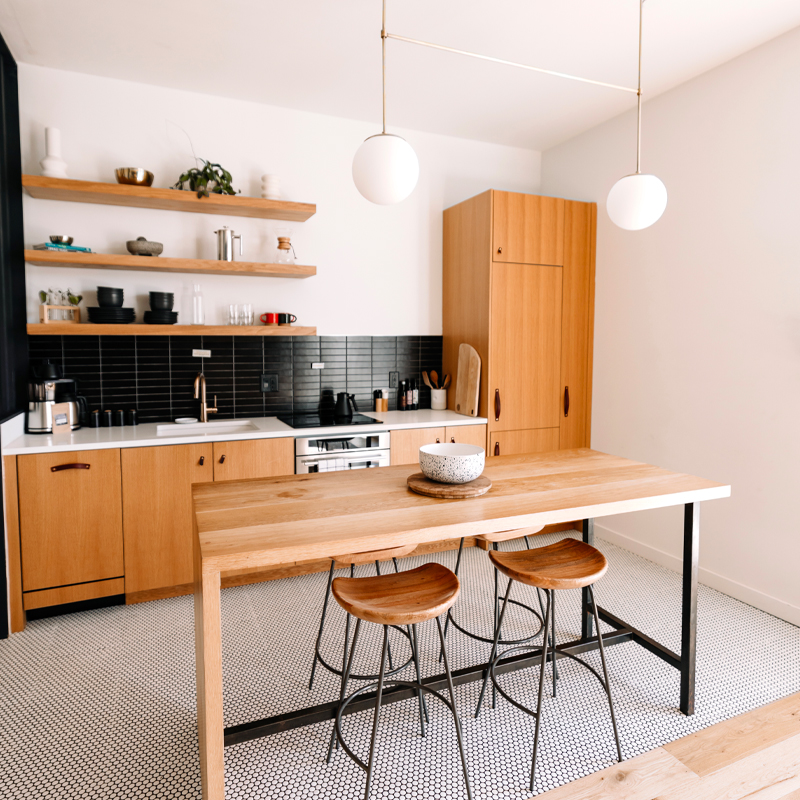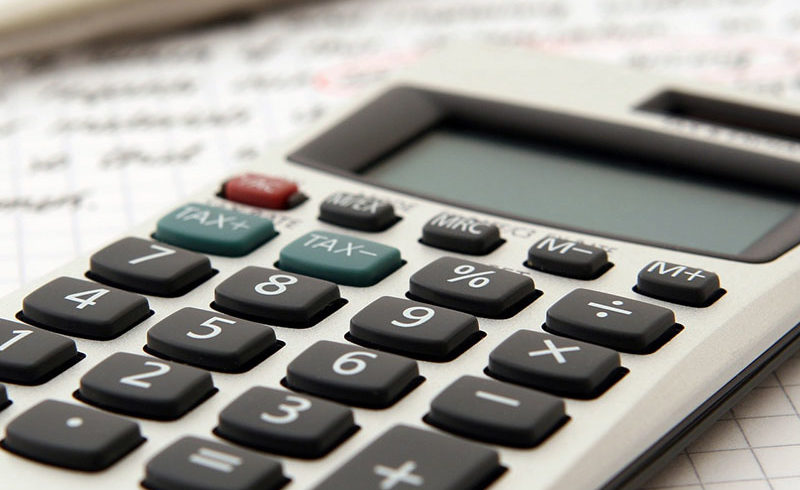
If you’ve been thinking about investing in real estate, you are not alone. It is a common practice for people who want to diversify their portfolios and generate income and build wealth. Real estate provides rental income, appreciation, tax benefits, and more.
But, is real estate really the best investment for your unique scenario? It depends on your personality, goals, and other factors, but there are many reasons why it makes sense for investors of every stripe. Here are seven reasons why you should consider investing in real estate.
Great Cash Flow
Cash flow is the amount you make from your investment after all expenses have been paid. A positive cash flow means that you are making more than enough to cover the carrying costs of your property, including mortgage payments, property taxes, and insurance.
Investing in real estate can be a great way to diversify your portfolio and generate great cash flow over time. When you invest in real estate, you are buying something that produces income for you. This is called passive income as it generates revenue without requiring much input on your part (aside from ensuring the property is well maintained).
Keep in mind that not every project will pay off with an equal amount or type of return. Some might offer higher interest rates, while others may provide lower rates but greater liquidity or quicker payback times.
A Hedge Against Inflation
As a tangible asset, real estate tends to appreciate faster than inflation. In other words, property prices generally increase over time. This means that when you sell your home at a later point in time, in most cases, it will be worth more than what you paid for it initially.
Inflation is the rate at which prices of goods and services increase. It’s important to note that inflation does not refer to small changes in price; instead, it refers to large increases in costs of living that affect everyone in society.
Here is an example:
A loaf of bread costs $1 today but will cost $2 tomorrow because there has been an increase in the price of wheat. Compare that to a mortgage rate that was 5% ten years ago but now stands at 6%, causing homeowners’ monthly mortgage payments to rise by 1%.


Real Estate Is Often Considered A Good Value For Money
Real estate has historically been one of the safest types of investments because it tends to hold its value more firmly than other investments, such as stocks and bonds.
Real Estate Is Tangible And Has Real Utility
Unlike stocks or bonds, which are intangible items that can be traded back and forth over electronic trading platforms, real estate is a physical asset with incredible utility.
The building you purchase has intrinsic value: it can generate revenue through rent payments and other sources (e.g., charging for events). It also has resale value.
Your investment remains relatively stable even if markets go down temporarily. Additionally, this stability will prove especially valuable when market volatility increases due to macroeconomic factors.
Leverage In Investing
Leverage is the use of borrowed money to invest. When you borrow $100,000 and use it to buy a property worth $200,000, your leverage ratio is 2:1. If the property value goes up by 10%, your investment has increased by 20%. This can be very powerful if you have an eye for real estate.
If leveraging works in your favour, it can substantially magnify gains or losses on your investment—especially if you have a high-leverage ratio (like buying with a large amount of cash). In other words: You can make small amounts of money go a long way when investing in real estate, or large amounts go a short distance when you invest poorly or at the wrong time.
Real Estate Offers Great Tax Benefits
One of the primary benefits of investing in real estate is that it offers great tax benefits. There are also tax deductions available for repairs and maintenance, as well as depreciation — which allows you to write off a portion of the value of your property over several years.
Real Estate Has Long-Term Value
If you buy a home and then sell it ten years later, chances are that it will be worth more than you paid for it originally. This is often why some real estate investors seek out smaller towns and neighbourhoods that are adjacent to thriving and more expensive cities. Chances are, the outer areas will catch up over time while increasing the value of your property.
Conclusion
Real estate is an investment that can certainly make you money, but it’s also an investment in your and your family’s future. Why not buy a home and rent it out to someone who needs a place to live? Or buy an apartment building or condo complex and collect rent from tenants? You could even buy a piece of land and build your own home. Whatever you choose to do with your real estate investments, make sure you have a plan for when the time comes for you to sell—or rent out—the property.








